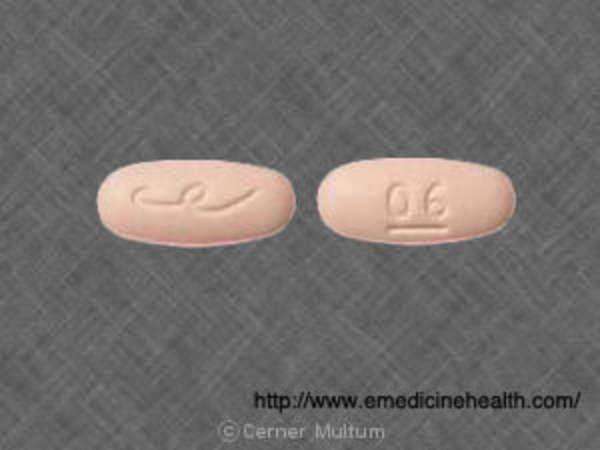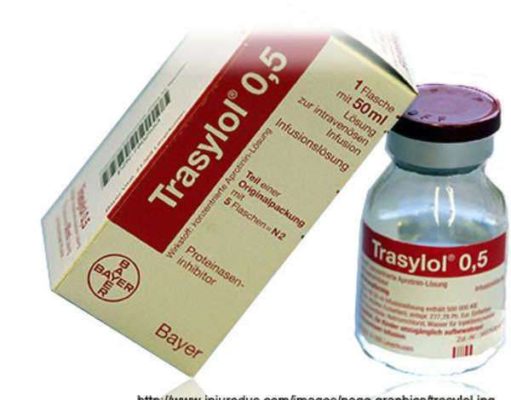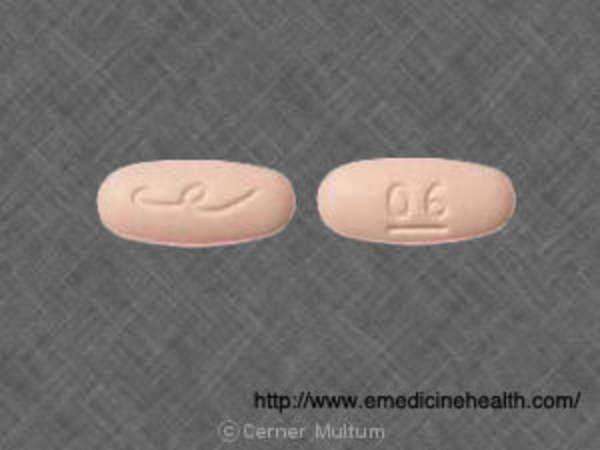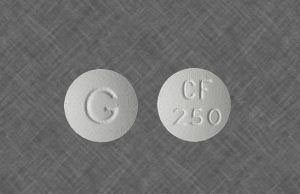
What is Prozac?
Prozac (Fluoxetine) is a drug used to treat depression, panic attacks, obsessive-compulsive disorder (perpetual bothersome thoughts that are only cured through the performance of certain actions over and over) and some eating disorders. Prozac is used to alleviate the symptoms of premenstrual dysphoric disorders, including irritability, bloating, mood swings and tenderness of the breasts. Prozac is in a class of drugs/medications called selective serotonin reuptake inhibitors. Prozac is effective because it increases the amount of serotonin, which is a natural substance of the brain that helps maintain mental balance.
How Should Prozac be used?
Prozac is administered as a tablet, a capsule, as a timed-release pill or as a liquid to be consumed via oral administration. Prozac may be taken with or without food. Prozac is typically taken once a day in the morning or twice a day (in the morning and at noon). The timed-release version of Prozac should only be taken once a week. If you are prescribed Prozac, you should take it around the same time every day. Please follow the directions on the prescription label and ask your doctor to explain any parts of the process that you are confused about. Never take more or less of the drug than what is prescribed by your doctor.
It often takes 4 to 6 weeks to feel the full effects of Prozac. Regardless of how you feel, you should continue to take Prozac so long as your doctor recommends it. Never stop administration without first consulting with your doctor. If you suddenly stop taking Prozac you may experience severe withdrawal symptoms, including irritability, agitation, dizziness, numbness of the hands or feet, anxiety, confusion, tiredness, difficulty falling asleep, difficult staying asleep, sudden mood changes, agitation, tingling or numbness in the feet or hands, confusion, headaches, tiredness and anxiety.
Before Taking Prozac Please Observe the Following Precautions:
Before taking Prozac:
• Inform your doctor if you are allergic to any medications
• Notify your doctor if you are taking Orap, monoamine oxidase or thioridazine or other inhibitors such as Marplan, Nardil, Eldepryl, Zelapar and Parnate. If you are taking any of these drugs or have just recently stopped taking them, your doctor will probably inform you that you should not take Prozac. If you stop taking Prozac, it is strongly recommended that you wait at least five weeks before taking monoamine oxidase inhibitors.
• Notify your doctor if you are taking any other prescription or nonprescription medication and/or vitamin. Mention anything and everything you are taking.
• Inform your doctor as to any supplements and/or herbal products you are taking, especially products that contain tryptophan or St. john’s wort.
• Tell your doctor if you are pregnant or planning on becoming pregnant. Prozac may impose problems in newborns following delivery if the drug is taken during the latter stages of the pregnancy.
• Talk to your doctor regarding the benefits and risks of Prozac; you should have this conversation daily if you are over the age of 65. Older patients should not take Prozac on a daily basis because it is not safe to be used with other medications that are administered for similar treatment purposes.
• Understand that Prozac will make you drowsy. Never operate a car or heavy machinery without understanding how Prozac affects you. Remember that consuming alcohol will add to the drowsiness caused by Prozac.
Side Effects Caused by Prozac:
Prozac may cause side effects; please tell your doctor if any of these symptoms are persistent or severe:
• Nausea
• Drowsiness
• Weakness
• Sore Throat
• Dry Mouth
• Uncontrollable shaking of the body
• Weakened appetite
• Excessive Sweating
• Changes in sex drive
• Weight Loss
Aside from these side effects, Prozac may yield more severe side effects. If you experience any of the following symptoms, please contact your doctor immediately:
• Hives
• Fever
• Joint Pain
• Rash
• Difficulty swallowing or breathing
• Swelling of the throat, tongue, lips, hands, feet, eyes, ankles, lower legs or hands
• Confusion, sweating, irregular heartbeat and/or severe muscle stiffness
• Seizures
• Hearing voices or seeing things that do not exist (hallucinations)
In addition to the symptoms mentioned above, Prozac may cause other side effects. In general, if your experience any irregular bodily functions or feelings, please contact your doctor. If you experience serious side effects, you or your medical professional may file reports with the United States Food and Drug Administration. To file reports, please visit the MedWatch Adverse Event Program online or via telephone at 1-800-332-1088.
In case of an overdose or other medical emergency, please contact your local poison control center at 1-800-222-1222. If you come across a victim of an overdose who is not breathing, please call emergency services at 911. Typical signs of a Prozac overdose include:
• Confusion
• Nervousness
• Unresponsiveness
• Fever
• Fainting
• Rapid or pounding heartbeat
• Uncontrollable shaking of the body
Legal Issues and Warnings Associated with Prozac:
It must be stated that a small number of young adults, teenagers and children (up to 24 years of age) who take antidepressants (such as Prozac) are susceptible to becoming suicidal. In numerous studies it has been revealed that children, teens and young adults who are administered antidepressants to treat mental illness or depression may be more likely to become suicidal than children, teens and young adults who do not take said medication. That being said, experts are still unclear as to how significant the risk is and how much it should be weighed when deciding whether a young person should be placed on antidepressants.
Before taking Prozac, please understand that your mental health is susceptible to changing in unexpected ways. You may become suicidal, especially during the beginning stages of your treatment and during any dose fluctuations. If you experience any severe alterations in your mood, you must immediately consult your doctor. Also, understand that your insurance provider will want to observe and meet with you while on Prozac. Be sure to maintain all appointments for visits with your medical representatives and doctors.























